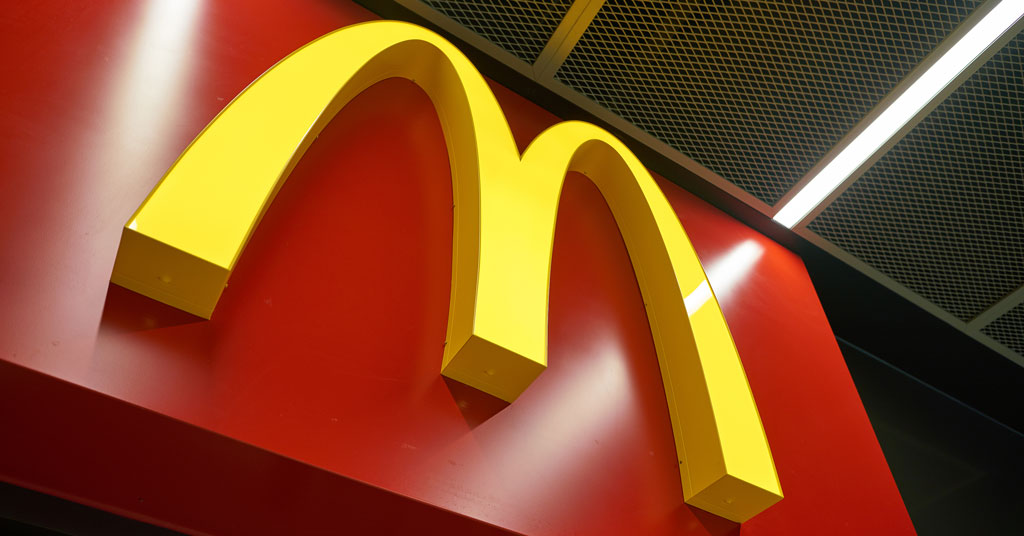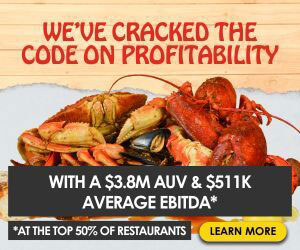What McDonald's Didn't Do During Its Crisis Part 1

Picture this: It's a busy afternoon and your phone buzzes incessantly, lighting up with alert after alert. Headlines scream from every notification:
- "Food Contamination Linked to Major Chain!"
- "Customers Hospitalized After Consuming Popular Menu Item!"
As you scroll, your stomach sinks. This isn't just any food chain; it's yours. For a moment, time stands still as you absorb the harsh reality: Your franchise is at the center of a spiraling crisis.
This hypothetical yet vividly unsettling scenario became all too real for many McDonald's franchisees when news broke of an E. coli outbreak tied to their iconic Quarter Pounders. The crisis didn't stop at public health concerns. It rippled outward, entangling the brand in further complications, including delayed responses and the fallout from a politically charged visit by a former president. The aftermath served as a stark reminder of how swiftly a reputation can unravel and how unprepared responses can exacerbate damage.
McDonald's current dilemma offers a sobering lesson on how even the biggest names can falter—and what proactive steps you need to avoid a similar fate. The fast-food giant's recent challenges highlight the need for franchisees to master reputation management and strategic planning.
Reputation management
Managing a franchise's reputation is important for maintaining trust and operational resilience. Effective reputation management requires proactive monitoring, clear communication, and a strong engagement plan. Multi-unit franchisees face unique challenges due to their scale and public visibility, demanding a structured approach to safeguard their brand.
Crisis analysis
McDonald's is currently dealing with a series of interconnected issues:
- E. coli outbreak. A severe outbreak linked to McDonald's Quarter Pounders resulted in 49 people across 10 states falling ill, leading to 10 hospitalizations and one death. Critics pointed to McDonald's delayed action, which included partial removal of items from menus but not full closures, raising questions about the company's commitment to public safety.
- Political controversy. Just before the outbreak, a high-profile visit by President-Elect Donald Trump to a franchise location sparked backlash over perceived partisanship. McDonald's attempted to clarify its stance by releasing an internal memo that reaffirmed its political neutrality: "We are not red or blue—we are golden." Despite this, the event's fallout highlighted the importance of preemptive brand policies on political figures.
- Communication challenges. PR experts noted that McDonald's was slow to address the outbreak and allowed others to control the narrative, which adversely impacted their stock price. This demonstrates how delayed responses can deepen brand vulnerability during crises.
These scenarios show how delayed or insufficient responses can exacerbate public distrust and damage a brand's reputation. Notably, product issues can attract up to 135 times more negative media coverage compared to typical days, magnifying the repercussions of inadequate crisis responses.
Key Lessons: Communication
- Local engagement. Even if a crisis originates outside a specific franchise location, franchisees should implement a robust crisis management strategy that includes maintaining open, transparent communication with their local customer base. For instance, during the McDonald's E. coli outbreak, a franchisee could utilize this strategy by issuing local assurances about food safety practices, sharing timely updates, and demonstrating proactive measures specific to their location. This approach fosters trust and reinforces the franchise's commitment to customer safety and well-being.
- Personal outreach. Hosting Q&A sessions, using social media to engage directly with the community, and reassuring customers with personalized messages that explain safety protocols can build trust.
Come back next week for part 2. In the meantime, click here for a free reputation management guide and here for a scenario planning template.
Kendall Rawls with Rawls Succession Planners knows and understands the challenges that impact the success of a complex, privately held, and family-owned business. Contact us today to arrange a consultation and discover how we can empower you to overcome obstacles and achieve lasting success. Whether you're navigating regulatory shifts or striving to build a top-tier team, we're here to help you thrive in today's multi-unit franchising landscape. For more information, visit seekingsuccession.com or email [email protected].
Share this Feature
Recommended Reading:
| ADVERTISE | SPONSORED CONTENT |
FRANCHISE TOPICS
- Multi-Unit Franchising
- Get Started in Franchising
- Franchise Growth
- Franchise Operations
- Open New Units
- Franchise Leadership
- Franchise Marketing
- Technology
- Franchise Law
- Franchise Awards
- Franchise Rankings
- Franchise Trends
- Franchise Development
- Featured Franchise Stories
| ADVERTISE | SPONSORED CONTENT |

$50,000
$250,000





 The multi-unit franchise opportunities listed above are not related to or endorsed by Multi-Unit Franchisee or Franchise Update Media Group. We are not engaged in, supporting, or endorsing any specific franchise, business opportunity, company or individual. No statement in this site is to be construed as a recommendation. We encourage prospective franchise buyers to perform extensive due diligence when considering a franchise opportunity.
The multi-unit franchise opportunities listed above are not related to or endorsed by Multi-Unit Franchisee or Franchise Update Media Group. We are not engaged in, supporting, or endorsing any specific franchise, business opportunity, company or individual. No statement in this site is to be construed as a recommendation. We encourage prospective franchise buyers to perform extensive due diligence when considering a franchise opportunity.